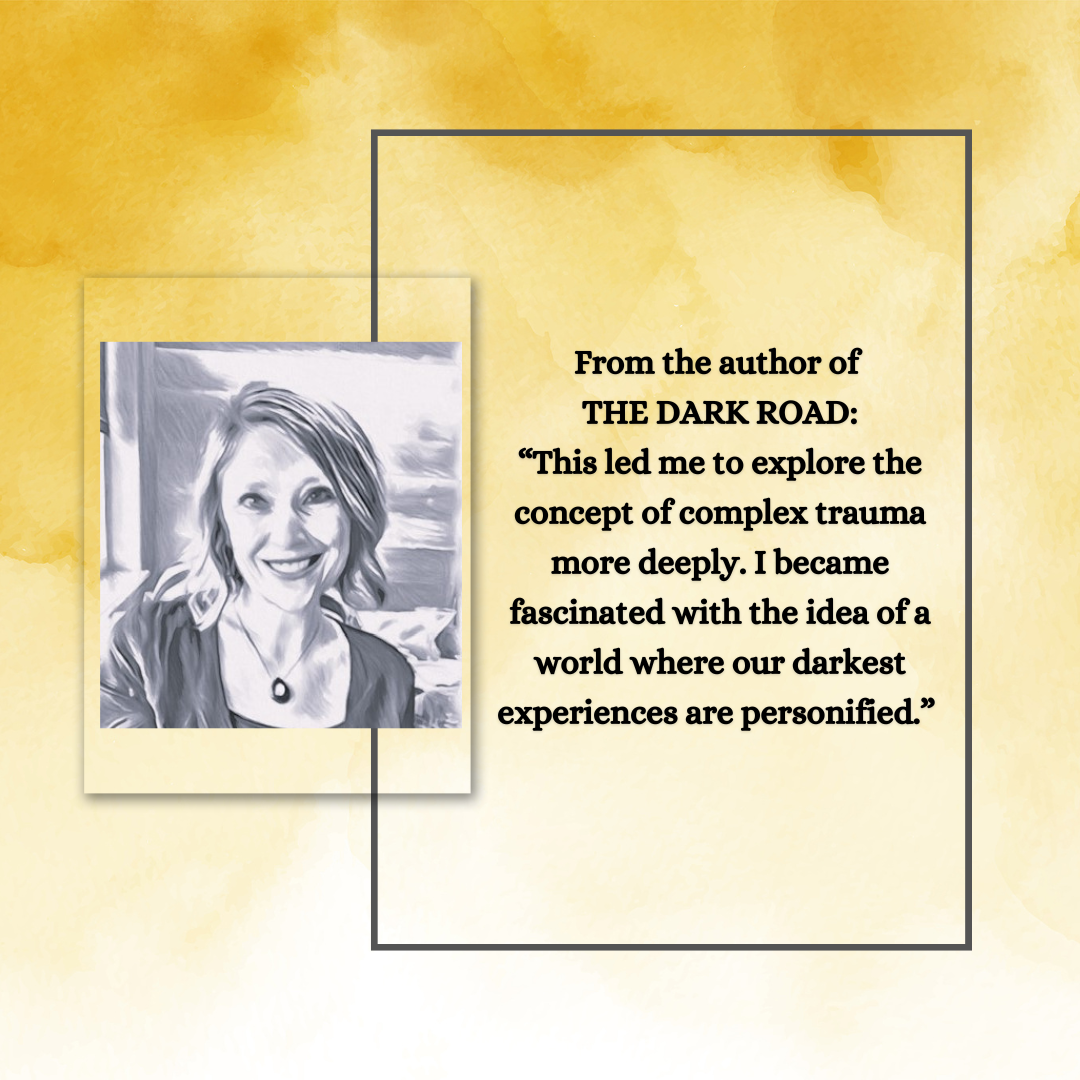Mental Health and the Effects of Trauma in THE DARK ROAD


“I’ve always found analogies useful. Life, for instance, is like a two-way street. We’re all moving forward, and eventually, we’ll meet in the middle. Another analogy I often use is that our bodies are like machines—they adapt to conditions and strive to function.
This desire to make ambiguity tangible was the core inspiration for The Dark Road. The idea took shape gradually during my time as a counselor in Portland, Oregon. Initially, I saw mental health and addiction as hurdles to overcome. However, as I transitioned to working as a corrections technician in 2003, dealing with parole and probation, I realized that this role didn’t foster a compassionate view of those struggling with mental health issues. Over time, and through further education and experience, I began to understand how trauma can embed itself deeply within a person. For some, it remains dormant, while for others, it emerges, feeding chronic fear, sadness, and self-doubt.
This led me to explore the concept of complex trauma more deeply. I became fascinated with the idea of a world where our darkest experiences are personified. In this world, the spirits of the past walk among us, suppressed and avoided, numbed by various substances, yet relentless and ever-present. The setting in The Dark Road symbolizes transition and growth, marking significant moments in time. It represents a journey of survival, where each stop is a chance to piece together the narrative of endurance and hope.
Shelly embodies this. She struggles forward on a directionless path, hoping to find her daughter and lead her to safety. Along the way she must confront the violence of her youth and realize her strength. She’s a survivor who lost touch with her confidence, now choosing to fight for those she loves. Shelly’s recognition that she is more powerful than her internal demons transform the story into a message of resiliency.”
Kathleen Rhodes was born and raised in Oregon and has worked in the healthcare field for eighteen years. As a therapist then Registered Nurse and finally, a Psychiatric Mental Health Nurse Practitioner, her experiences working in outpatient clinics, jails, emergency rooms, and addictions services have informed and inspired her writing.
